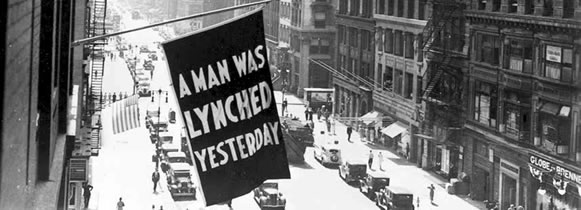Posted September 21, 2011

“This fight to end the death penalty is not won or lost through me but through our strength to move forward and save every innocent person in captivity around the globe. We need to dismantle this Unjust system city by city, state by state and country by country.” -Troy Davis
The hypocrisy of the United States was on full display late Wednesday night, “International Peace Day,” as the Supreme Court ruled that Georgia should proceed with the execution of Troy Davis. His body was strapped to a table, injected with a mixture of poisonous chemicals at 10:53 PM, and pronounced dead fifteen minutes later. Outside the prison, crowds of supporters rallied, while vigils were held at the Georgia State Capitol in Atlanta [photos here] and on the steps of the Supreme Court in Washington, DC. The state’s determination to kill Davis based only on the flimsy testimony of two witnesses had exposed the racist injustice of the death penalty to millions worldwide.
Troy maintained his innocence at his arrest in 1989 for the murder of Savannah police officer Mark MacPhail, when he was sentenced to death in 1991, and finally as he addressed the MacPhail family from the death chamber. But like countless Black men in the United States, the police effort to catch and incriminate him by any means possible put him in jail through the manipulation and intimidation of witnesses. Like countless other poor people in the United States, he was condemned by an inadequate legal defense at his trial. Found guilty at his jury trial, he faced the nearly impossible legal burden of later proving his innocence. Four times he’d come within days or even hours of execution while the state, under the pressure of a grassroots movement, delayed it through various channels.
The campaign to exonerate Troy Davis grew from the tireless efforts of his sister, Martina Correia, to become a statewide cause in Georgia and eventually an international movement. He escaped death three times before as this movement propelled legal challenges through all levels of the court system. In the days leading up to his murder, thousands of people worldwide held rallies and vigils. Over one million signatures were collected demanding clemency from the Georgia Board of Paroles and Pardons. Despite hearing from witnesses who had recanted their testimony and even a juror who told them she would not have voted to sentence Troy Davis to death, the Board denied clemency.
Due to the multiple appeals, many levels of the justice system were exposed in this atrocity: from the District Attorney in Chatham County, Georgia all the way to the federal Supreme Court. The courts, the police, and the legal codes that defend every police shooting, oversee the deportations of millions of immigrants, and above all enforce the rule of the banks and big business functioned exactly as they are meant to do.
The prisons of the United States hold more people behind bars than any other society on earth. The world’s leading prosecutor of “humanitarian” bombing and military invasion is also one of the leaders in the murder of its own people. And in recent decades, the entire prison and “corrections” system–including the private contractor, CorrectHealth, that administers lethal injections in Georgia–has increasingly operated on a for-profit basis.
Capital punishment follows the tradition of lynch mob “justice” as a means of intimidation and repression: the ultimate use of state power to police and punish Black, Brown, and poor white people. Of the many racial discrepancies in the application of death sentences, Troy Davis faced perhaps the most damning: a Black man accused of killing a white police officer. On the other side of the country, Johannes Mehserle (who was videoed pinning Oscar Grant to the ground as he shot him in the back) served less than one year in prison before his release.
Troy Davis leaves us a legacy. There are thousands of other people sitting on death row, millions in prison. The long distance fighters against the death penalty, and millions of people who were newly awakened to the cause, must become a powerful movement to dismantle this system and to take on the broader injustices in society.
